Dolomite rock, a versatile and abundant mineral, holds immense potential for a wide range of industries. Its unique chemical composition and physical properties make it a valuable resource for construction, agriculture, and environmental applications. This article aims to delve into the many benefits of dolomite rock, highlighting its significance in various sectors and its potential to revolutionize industries. 1. Construction Industry: One major application of dolomite rock lies in the construction industry. Due to its exceptional hardness and durability, dolomite rock is used as a primary aggregate in concrete production. Incorporating dolomite rock in concrete mixtures enhances the compressive strength, making it an excellent choice for constructing roads, bridges, buildings, and other infrastructure projects.
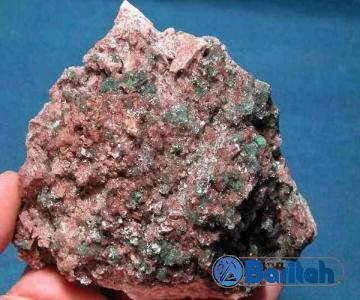
.
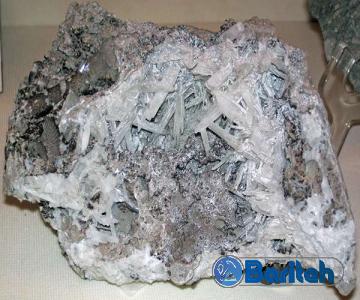 Additionally, dolomite rock in crushed and powdered form is used as a filler material in asphalt and mortar, improving their stability and reducing cracking. Its high calcium and magnesium content also make it suitable for creating lightweight aggregate concrete, which decreases the overall weight of structures while maintaining strength. 2. Agriculture and Horticulture: Dolomite rock plays a vital role in enhancing soil fertility and balancing soil pH levels, making it an essential additive in agriculture and horticulture. Its natural magnesium and calcium content aids in neutralizing acidic soils, promoting healthy plant growth, and enhancing nutrient absorption. When dolomite rock is applied to acidic soil, it releases calcium and magnesium ions into the soil solution, effectively reducing soil acidity.
Additionally, dolomite rock in crushed and powdered form is used as a filler material in asphalt and mortar, improving their stability and reducing cracking. Its high calcium and magnesium content also make it suitable for creating lightweight aggregate concrete, which decreases the overall weight of structures while maintaining strength. 2. Agriculture and Horticulture: Dolomite rock plays a vital role in enhancing soil fertility and balancing soil pH levels, making it an essential additive in agriculture and horticulture. Its natural magnesium and calcium content aids in neutralizing acidic soils, promoting healthy plant growth, and enhancing nutrient absorption. When dolomite rock is applied to acidic soil, it releases calcium and magnesium ions into the soil solution, effectively reducing soil acidity.
..
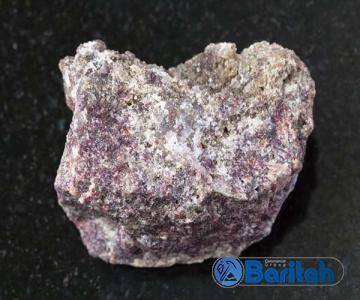 The added nutrients improve plant productivity, increase crop yield, and contribute to the overall health of the soil. 3. Environmental Applications: In recent years, dolomite rock has gained attention for its potential environmental applications. Its use in water treatment processes, particularly in the removal of heavy metals from contaminated water sources, has proven effective. Dolomite rock acts as a natural sorbent, adsorbing heavy metals such as lead, cadmium, and arsenic from water. This process, known as adsorption, significantly reduces the concentration of harmful substances, thereby improving water quality and safeguarding public health. Furthermore, the use of dolomite rock as a filter media in wastewater treatment plants has shown promising results in removing organic pollutants, suspended solids, and excess nutrients. Its porous nature and high specific surface area allow for efficient filtration, providing a cost-effective and environmentally friendly solution for water treatment.
The added nutrients improve plant productivity, increase crop yield, and contribute to the overall health of the soil. 3. Environmental Applications: In recent years, dolomite rock has gained attention for its potential environmental applications. Its use in water treatment processes, particularly in the removal of heavy metals from contaminated water sources, has proven effective. Dolomite rock acts as a natural sorbent, adsorbing heavy metals such as lead, cadmium, and arsenic from water. This process, known as adsorption, significantly reduces the concentration of harmful substances, thereby improving water quality and safeguarding public health. Furthermore, the use of dolomite rock as a filter media in wastewater treatment plants has shown promising results in removing organic pollutants, suspended solids, and excess nutrients. Its porous nature and high specific surface area allow for efficient filtration, providing a cost-effective and environmentally friendly solution for water treatment.
…
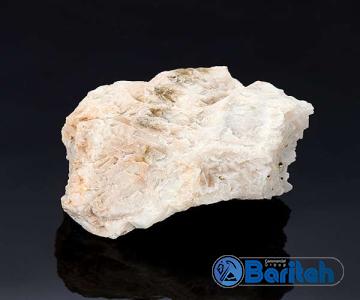 Conclusion: Dolomite rock is a versatile mineral with a multitude of applications across different industries. Its exceptional hardness, durability, and chemical composition make it an ideal material for construction projects. Moreover, its role in enhancing soil fertility, improving crop yield, and mitigating environmental pollution showcases its significance in agriculture and environmental sectors. As industries continue to explore new possibilities, dolomite rock stands as a valuable resource that can revolutionize various sectors. With its sustainable and eco-friendly properties, dolomite rock is poised to carve its place in future advancements, contributing to a greener and more prosperous world.
Conclusion: Dolomite rock is a versatile mineral with a multitude of applications across different industries. Its exceptional hardness, durability, and chemical composition make it an ideal material for construction projects. Moreover, its role in enhancing soil fertility, improving crop yield, and mitigating environmental pollution showcases its significance in agriculture and environmental sectors. As industries continue to explore new possibilities, dolomite rock stands as a valuable resource that can revolutionize various sectors. With its sustainable and eco-friendly properties, dolomite rock is poised to carve its place in future advancements, contributing to a greener and more prosperous world.

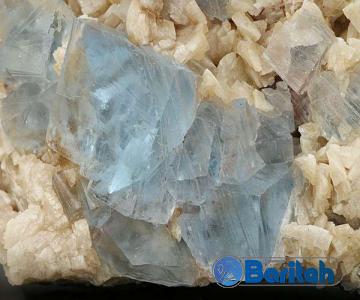
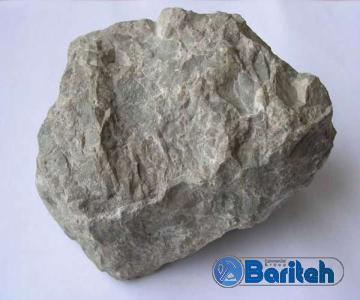
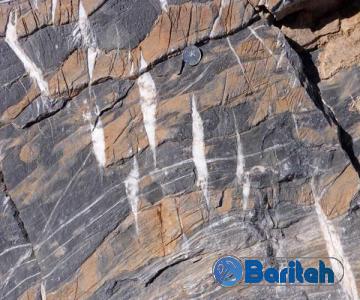
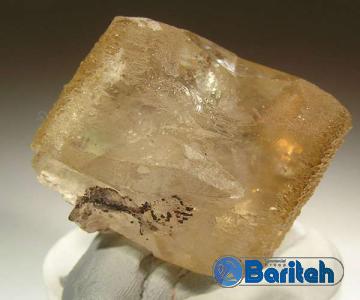
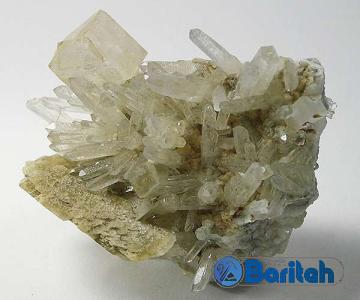
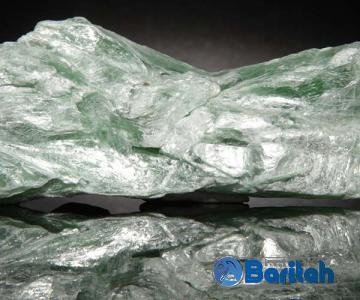
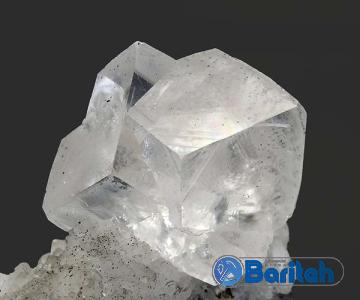
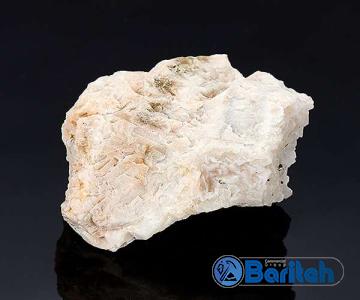
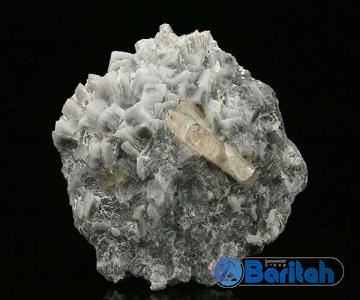
Your comment submitted.